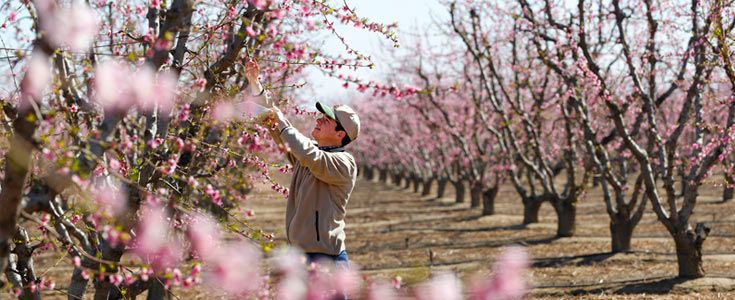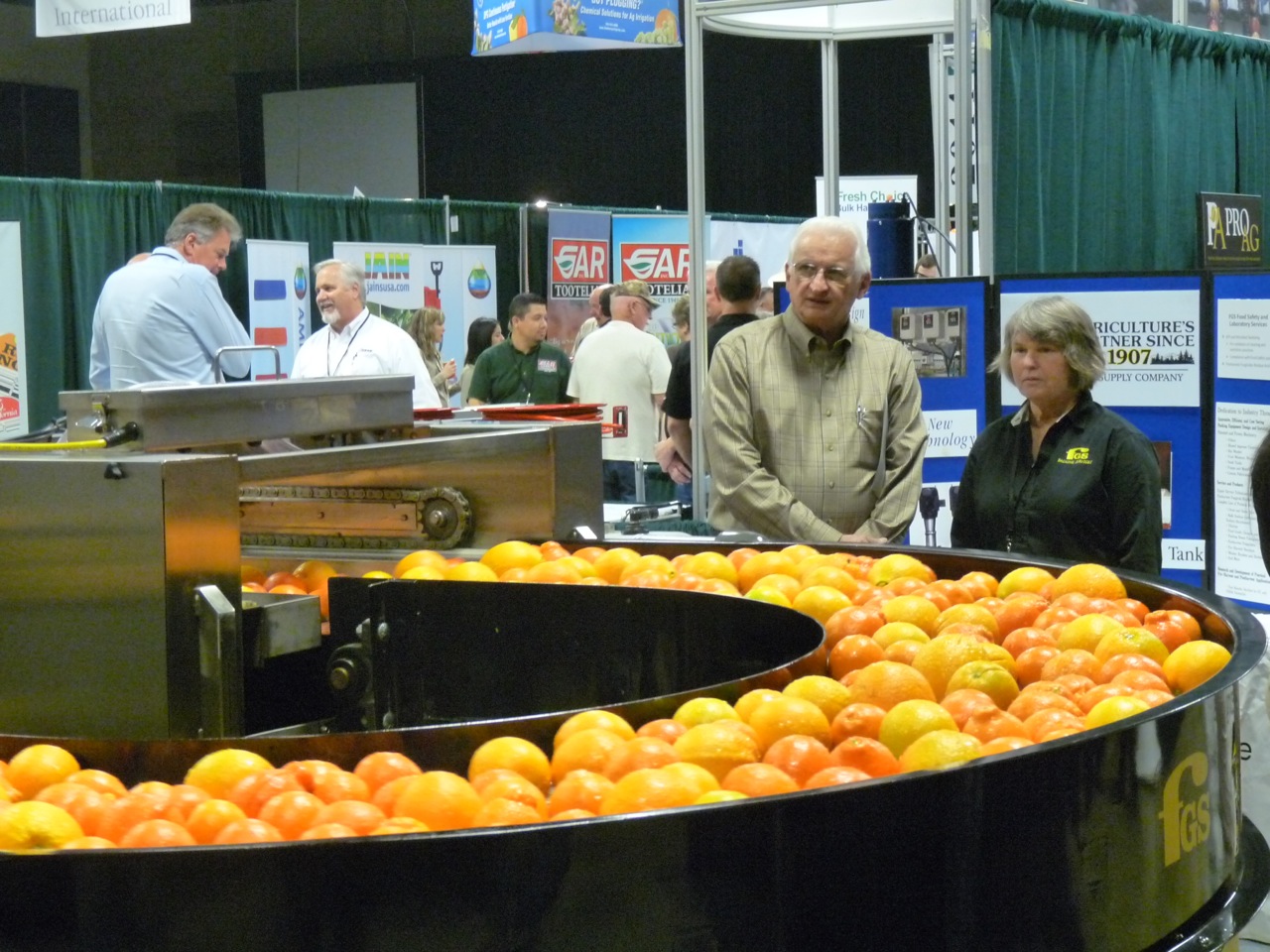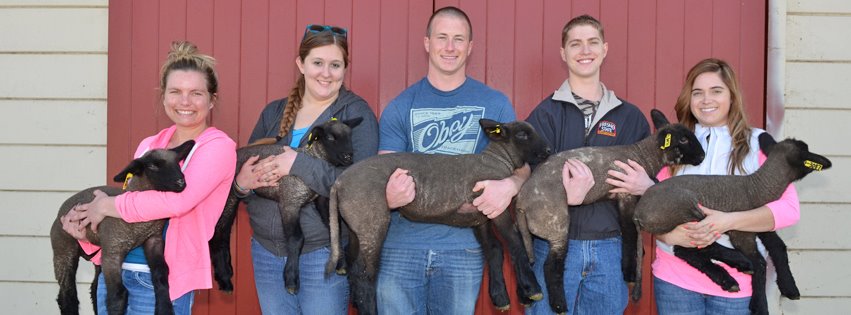Scholarships Available for the 2014 – 2015 School Year
Source: The Fresno County Farm Bureau
Proteus offers academic scholarships
Proteus is now accepting applications for its Standard and William Maguy Scholarships for the 2014-15 academic year.
The $500 Standard Scholarship is open to full-time college students or those planning to enroll as full-time students for the 2014-2015 school year, who are low-income status, farmworkers, dependent of a farmworker, or who have been served by a Proteus program in the past two years.
This scholarship program targets new or continuing students enrolled in two or four-year colleges, or accredited post -secondary institute.
The $1,000 William Maguy Scholarship is open to full-time students who have completed at least two years at a university or community college.
This scholarship will be given to a person who exemplifies the larger-than-life quality of Proteus’s former CEO, William Maguy, who focused on empowering and serving people.
Those interested in applying should have a GPA of 3.0 or higher and demonstrate their community involvement in organizations that serve others.
All applicants’ primary residence must be in, Kern, Kings, Fresno, or Tulare counties. The deadline to apply for the Standard Scholarship is April 2, 2014, and the deadline to apply for the William M. Maguy Scholarship is April 30, 2014.
For more information, or to download the application at http://www.proteusinc.org/.
Charles P. Lake Rain for Rent Scholarship now available
Twenty scholarships in the amount of $1,500 will be awarded to students to help them pursue a career in agriculture, engineering or construction management.
Applications will be accepted through Friday, April 18, and must be submitted to the Fresno County Farm Bureau, 1274 W. Hedges Ave., Fresno, 93728. To read/print the Charles P. Lake/Rain for Rent Scholarship Brochure, please visit, www.rainforrent.com/company/scholarship.aspx.
Scholarship applicants must have completed their freshman year at an approved college/university and must be currently enrolled for the next school year.
Junior college students who are registered as sophomores and fall within the requirements may apply.
To obtain a scholarship application, please contact Katie Rodgers at 559-237-0263 or info@fcfb.org.
Farm Grown scholarships available for 2014 high school graduates
The Gar and Esther Tootelian Charitable Foundation Farm Grown scholarship applications are now available for graduating high school seniors.
The successful candidate will be awarded $1,000 each year and an honorable mention finalist will receive $500.
Candidates must be high school seniors graduating in 2014 who will pursue a degree in an agriculturally-related field.
Applicants must be in good standing and go to school in Fresno, Tulare, Kings, Merced, Madera, Mariposa or Kern counties.
For more information and to apply, click here. The deadline to apply is April 1.
Friends of the California State Fair Scholarship available
The Friends of the California State Fair Scholarship Program awards California’s most promising students with scholarships ranging from $500 to $5,000.
This year, they will award more than $34,000 in scholarships to deserving California students.
College students and graduating high school seniors who exhibit academic excellence, leadership potential, civic engagement and a strong sense of personal commitment to continuing education are eligible to apply.
The deadline is March 7. For more information, or to apply, visit www.bigfun.org.
Central Valley Chapter California Women for Agriculture Scholarship available
The Central Valley CWA is pleased to announce the call for 2014 scholarship applications.
Scholarships are offered to high school and college students studying for careers in agriculture-related fields.
The applications must be received by mail on or before March 28, 2014. No hand-deliveries or email applications will be accepted.
For more information, or to download the application, click here.
San Joaquin Valley Quilters’ Guild Scholarships available
The San Joaquin Valley Quilters’ Guild is pleased to offer one $500 scholarships to students interested in fiber related arts.
Qualified applicants include those focusing on fiber as an art medium or those with skills in costume or clothing design or textiles and textile conservation.
High school seniors and college students may apply.
Preference will be given to students enrolled at least halftime in a Fresno County college or university.
Application, two recommendations and a photo of the applicant must be postmarked by April 1 to receive consideration for this year’s scholarship.
Email the 4-H program coordinator at evillalobos@ucanr.edu for a scanned copy of the application.
Fresno-Kings County Cattlewomen’s Association Scholarship available
The Fresno-Kings County Cattlewomen’s (FKCCW) Association is offering a scholarship.
Applications and information are available online at http://www.fkccw.com/.
4-H Scholarships available
There are a number of scholarships available to 4-H members and alumni.
Visit http://ucanr.org/scholarships for more information about Fresno County 4-H, California 4-H or other scholarships.


























